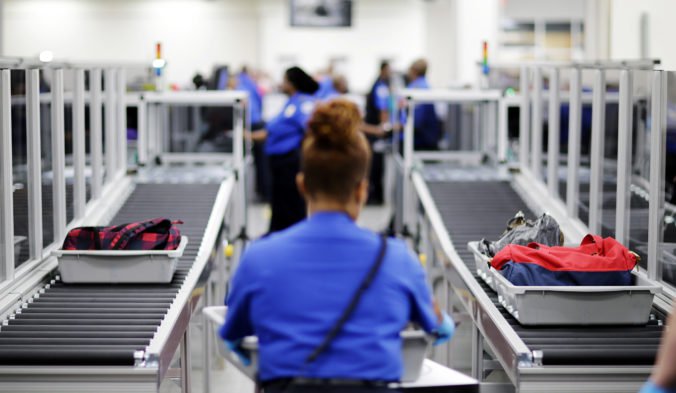In an updated travel advisory, the Government of Canada has warned its citizens to be prepared for stringent security measures at U.S. border crossings, particularly regarding the inspection of electronic devices. The announcement has sparked concern over privacy rights and underscores the growing tension around digital data at international borders.
📍 Stay updated at Live World Updates
Heightened Border Security: Phones and Laptops May Be Seized
According to the revised guidelines published on Canada’s official travel advisory website, Canadian travelers heading to the United States should anticipate enhanced scrutiny. U.S. border officers have broad discretionary power to determine entry eligibility—including the right to inspect, confiscate, and even copy the content of personal electronic devices such as smartphones and laptops.
“U.S. authorities strictly enforce entry requirements,” the advisory states. “Expect thorough screening, including searches of electronic devices. Comply with regulations and cooperate fully with border officials. If entry is denied, you may be detained while awaiting deportation.”
Privacy Advocates Urge Precaution
Legal experts in immigration and privacy law have advised Canadian travelers to assess their risk tolerance before entering the United States. Some even suggest using a backup device for cross-border travel while keeping personal phones at home to protect sensitive data.
CBC reports that unlike law enforcement within U.S. territory—who generally require a warrant to search devices—U.S. Customs and Border Protection (CBP) officers at border points do not need judicial authorization. They are permitted to review social media activity, browse through devices, and download their contents without consent.
Adam Schwartz from the Electronic Frontier Foundation (EFF) in San Francisco commented: “For many people, their phone is a window into their soul. It includes intimate conversations, calendar entries, and detailed personal histories. Travelers should consider what level of intrusion they’re willing to accept.”
Refusal Comes With Risks
Although travelers can technically decline device inspections, such refusals may result in being denied entry into the United States. Officers may also confiscate devices and attempt to unlock them independently, or detain individuals for hours.
“Before arriving at the border, people must decide how much privacy they are willing to sacrifice,” Schwartz added.
As global travel resumes and digital privacy becomes increasingly important, this development serves as a critical reminder of the evolving nature of border security.
📲 For more international news and analysis, visit Live World Updates
#CanadaUSBorder #PrivacyRights #DigitalSecurity #LiveWorldUpdates

